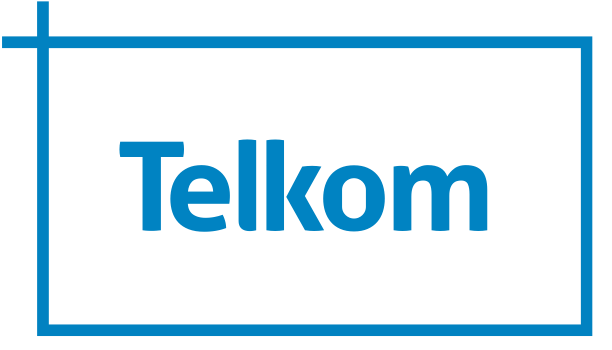Telkom South Africa upgrades from Copper-based Internet to Fibre technology.

Telkom, a South African Telecommunications Company, is upgrading from copper-based internet to new-generation fibre technology.
The upgrade applies to all customers living in fibre-ready regions around the country where the current DSL infrastructure overlaps with the Fibre To The Home (FTTH) footprint.
Telkom stated that fibre promises a significant improvement in users’ connectivity experience and assured customers will receive the support needed to undergo the upgrade with minimal stress and disruption.
Executive Product Development and Management at Telkom, Steven White said,“With technology advancing so rapidly, we want to help keep our customers up to date and ensure that they are making the most of what’s available.”
Fibre-based internet has several benefits over its copper alternative.
With the Fibre-based internet, customers will enjoy faster internet upload and download speeds, a more stable internet connection and reduced downtime.
Another benefit of the Fibre infrastructure is it cannot be stolen like cables which are being stolen most of the time.
According to White, “There has always been a high demand for fast, reliable internet. In current times, and in relation to the COVID pandemic with so many people working from home and just spending more time at home in general, this demand is higher than ever before.”
Currently, Telling agents are contacting customers directly to inform them on what and when to expect from the upgrade.
“Customers can rest assured that Telkom won’t leave them in the lurch. While the move away from copper-based internet is compulsory, we are here to work with customers to find an alternative connectivity solution that best suits their needs. If they aren’t on board with fibre, there are many other options available to choose from, such as wireless LTE and Fixed Line Lookalike (FLLA),” White further stated.
The upgrade from copper to fibre is part of Telkom’s long-term strategy to both optimise the user experience and reduce the cost of maintenance.
Even though it will follow a gradual process, the overall strategic objective is to decommission and replace old copper technology with fibre completely.